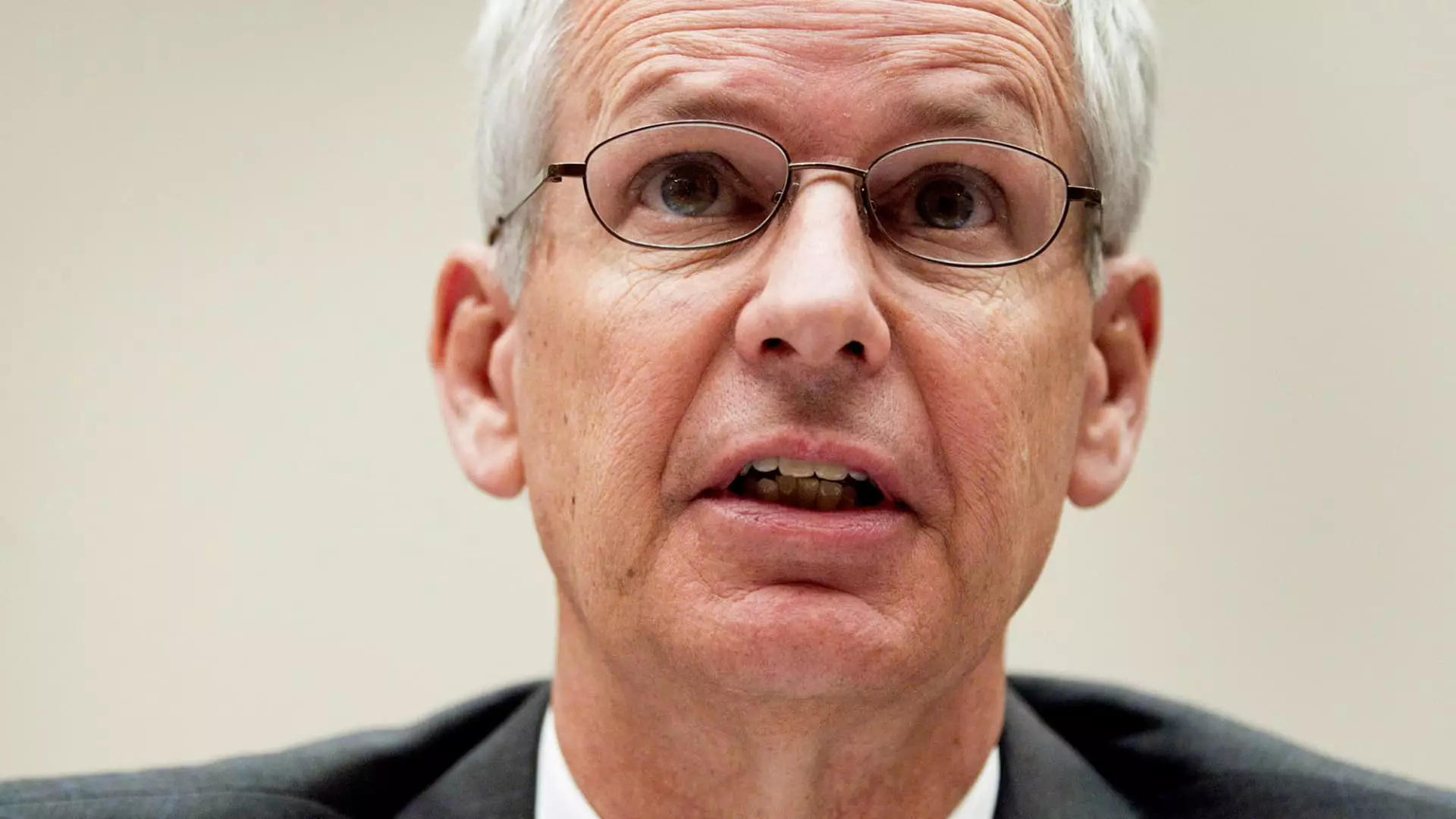In the rapidly evolving landscape of telecommunications, the story of Dish Network echoes the disappointing finality of “Seinfeld.” What began as an ambitious endeavor to transform the company into a versatile pay-TV provider ultimately transitioned into a lackluster analysis of missed opportunities. After its acquisition by DirecTV for a nominal price, the closing chapter of Dish’s quest for growth reflects the struggles faced by many in the industry, underscoring the challenges that come with technological adaptation, evolving consumer preferences, and the fierce competition that dominates the market.
The Narrative: From Hope to Disarray
Charlie Ergen, the co-founder of Dish, drew an interesting analogy between the company’s trajectory and the beloved sitcom. He proposed that, similar to the layered plots of “Seinfeld” that meandered but eventually converged, Dish was navigating its way through a complex landscape with the expectation that things would eventually fall into place. However, just as viewers were left unsatisfied with the conclusion of the sitcom, stakeholders in Dish’s journey faced a frustrating anticlimax.
The recent decision by EchoStar, Dish’s parent company, to sell off the subsidiary to DirecTV came with headlines laden with disappointment. For a mere $1, as well as taking on nearly $10 billion in debt, it marked a significant decline for a company once viewed as a formidable player in the pay-TV sector. The steep 11% drop in EchoStar’s shares revealed just how unfavorably the market reacted to this news, amplifying the sense of urgency surrounding a company grappling with dwindling subscriber numbers.
An Industry in Decline: A Changing Landscape
As Dish struggled to forge its path, it became painfully evident that it was not alone in facing the hemorrhage of subscribers. The onset of streaming services and competitors such as Comcast and Charter, which offer integrated high-speed broadband, has eroded the traditional cable and satellite business model. Collectively, Dish and DirecTV have shed approximately 63% of their video subscribers since 2016, illuminating the broader challenges that companies face as consumer behavior shifts dramatically.
EchoStar CEO Hamid Akhavan candidly articulated these changes, acknowledging the decline in the content-distribution industry and its impact on company valuation. Once valued near $40 billion during DirecTV’s peak, the combined enterprise value of these legacy structures has been devastated. The merger discussions that took place in 2014 now seem like a distant memory, replaced by a grim reality where companies are forced to reassess their viability in a world increasingly unfamiliar to them.
Throughout its recent history, Dish attempted to redirect its trajectory by investing in wireless technologies, a task that proved far more daunting than anticipated. Acquiring Boost Mobile as a tactical move was aimed at revamping its offerings and capturing a share of the burgeoning wireless sector. However, lacking a sustainable partnership for financial backing, the dual pressure of maintaining a declining pay-TV model while trying to build a competitive wireless infrastructure proved unsustainable.
Akhavan noted that the fragmentation of focus became a management distraction that ultimately impaired operational efficiency. This struggle to find harmony between competing priorities reflects a broader challenge within businesses attempting to evolve but misdirected by their ambitions. Like the inconclusive ending of “Seinfeld,” Dish’s costly misadventures left stakeholders hoping for a vision of progress that fell short.
Dish’s narrative is a poignant reminder that innovation and ambition do not automatically translate to success. It underscores the urgency for companies to adapt to changing market dynamics, not merely by pursuing grand visions but by implementing grounded, practical strategies that resonate with consumer needs. The parallels with “Seinfeld” serve as a cautionary tale: when companies lose sight of their core mission, the conclusion can be just as disappointing as a poorly received finale.
As the telecommunications landscape continues to shift, the ultimate lesson for Dish might not be in seeking a significant pivot but rather in reestablishing its identity and reconnecting with its consumer base—an endeavor that, in many respects, is still very much a work in progress.

